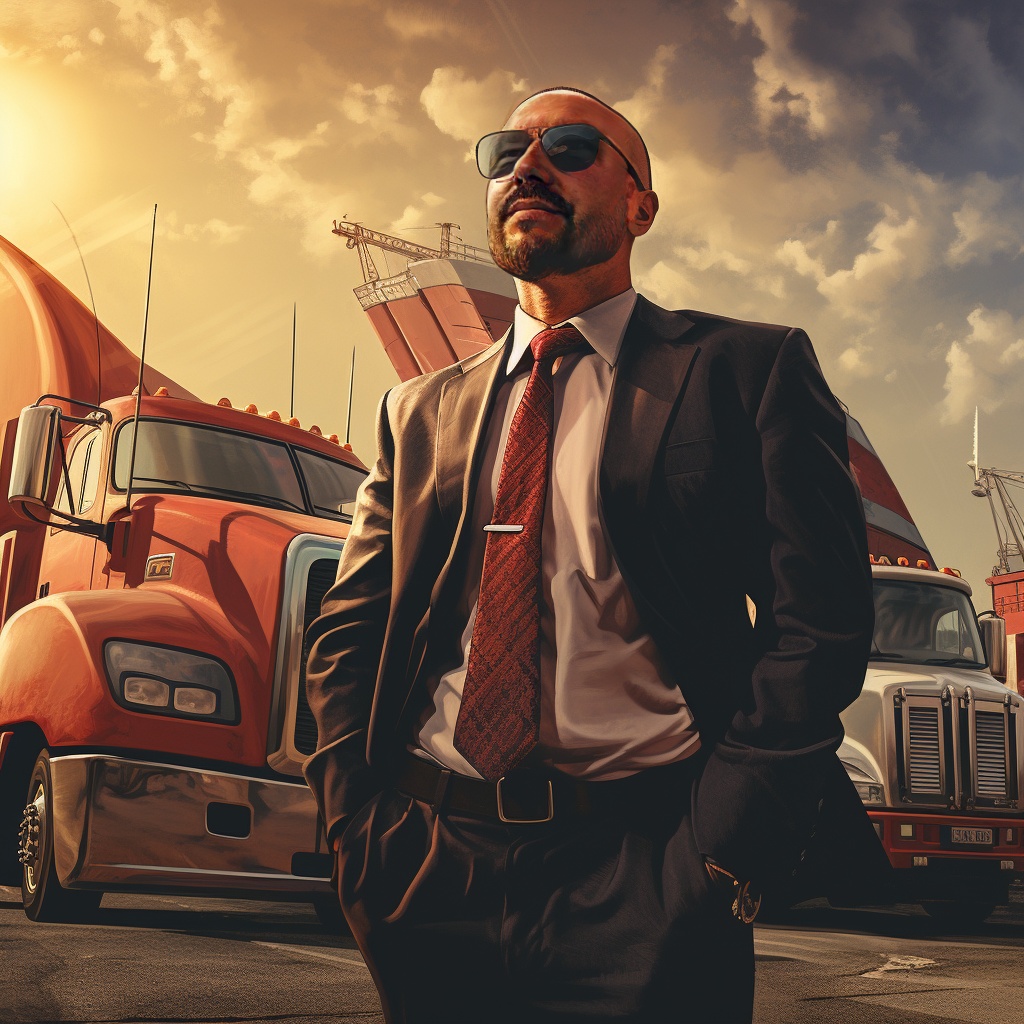Transportation has been a cornerstone of human civilization for millennia. From the invention of the wheel to the construction of the first railroads, every significant leap in transportation technology has fundamentally reshaped the way we live, work, and connect with each other.
Today, we stand on the brink of another transformative moment in transportation history: the integration of artificial intelligence (AI). As the CEO of Transportability LLC, I’ve been fortunate to witness firsthand the remarkable innovations in this space. Here’s my take on how AI will revolutionize the transportation industry.
1. Autonomous Vehicles:
While self-driving cars have garnered much attention over the past decade, we’re only scratching the surface. The future will see fully autonomous fleets of cars, trucks, drones, and even ships. AI-driven algorithms will not only make these vehicles safer by reducing human error but will also optimize traffic flow, reduce congestion, and decrease travel times.
2. Predictive Maintenance:
AI can analyze vast amounts of data from vehicle sensors to predict when a part might fail or require maintenance. This will drastically reduce downtime, leading to more efficient operations and reducing costs for both providers and consumers.
3. Personalized Transportation Experiences:
Imagine a world where your vehicle knows your daily routine, adjusts the cabin conditions to your liking, suggests the best routes based on your preferences, or even plays your favorite podcast the moment you step in. AI will tailor our transportation experiences to an unprecedented level of personalization.
4. Smart Infrastructure:
The transportation infrastructure itself will become intelligent. We’ll see roads that can adapt to weather conditions, bridges that self-assess their structural health, and traffic lights that adjust in real-time to traffic flow. These changes will lead to smoother, safer, and more efficient journeys for all.
5. Enhanced Public Transport:
Public transit systems, often burdened by inefficiencies, will benefit enormously from AI. From optimizing routes in real-time based on demand to predictive maintenance of trains and buses, public transport will become more reliable and user-friendly.
6. Supply Chain Optimization:
Transportation isn’t just about moving people—it’s also about moving goods. AI will bring new efficiencies to logistics and supply chain management, ensuring that goods get where they need to go more quickly, cheaply, and sustainably.
7. Environmentally Conscious Decisions:
AI can analyze vast datasets to make transportation more eco-friendly. This might mean suggesting the most fuel-efficient route, optimizing public transport schedules to reduce unnecessary trips, or streamlining logistics to reduce carbon footprints.
In conclusion, the fusion of AI and transportation promises to deliver a safer, more efficient, personalized, and environmentally conscious future. While there will undoubtedly be challenges along the way, especially regarding ethics, privacy, and employment, I’m confident that with thoughtful planning and collaboration across industries, we can harness the power of AI to usher in a new era of transportation.
To a future on the move,
Tony Blackburn
CEO, Transportability LLC.


Comments are closed